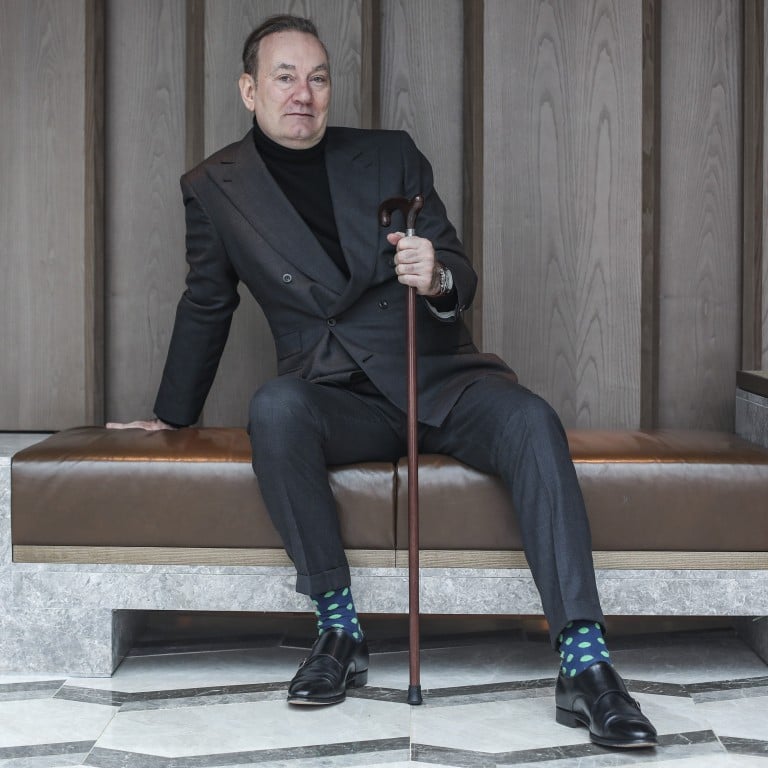
The Forgiven’s Lawrence Osborne on transition from books to blockbusters – and filming in Hong Kong, Macau and Cambodia
- Osborne is the brains behind novels such as the Ballad of a Small Player and Hunters in the Dark, both of which are being made into films
- Starring Ralph Fiennes, the film adaptation of The Forgiven will begin shooting in Morocco later in the year
British writer Lawrence Osborne has often been called a modern-day Graham Greene, so it seems only fitting that he is wearing the great novelist’s suit. Yes, his actual suit, given to him by Greene’s nephew.
“I’m wearing a dead man’s suit. I’ve also got a couple of pairs of his pinstriped pyjamas, too,” says Osborne, who is based in Bangkok.
18th century Chinese classic the book to see in Lunar New Year with
He’s looking so dapper that a couple of tourists who know nothing of his books ask if they can take a photo with him during a recent visit to Hong Kong. Osborne obliges; he’s in a good mood. Having just celebrated his 60th birthday in Japan with his son, he flew into Hong Kong for a couple of days to have a suit fitting. Then it was back to Bangkok to get some writing done.
Bangkok – home for the past six years – has given him the space (chiefly a 2,000 square foot flat) and the peace (away from the New York social scene of his previous life) to produce some of his best work. Much of that work – as well as earlier novels – have been recently optioned by film companies or are in production. Osborne is involved in one way or another, usually as executive producer.
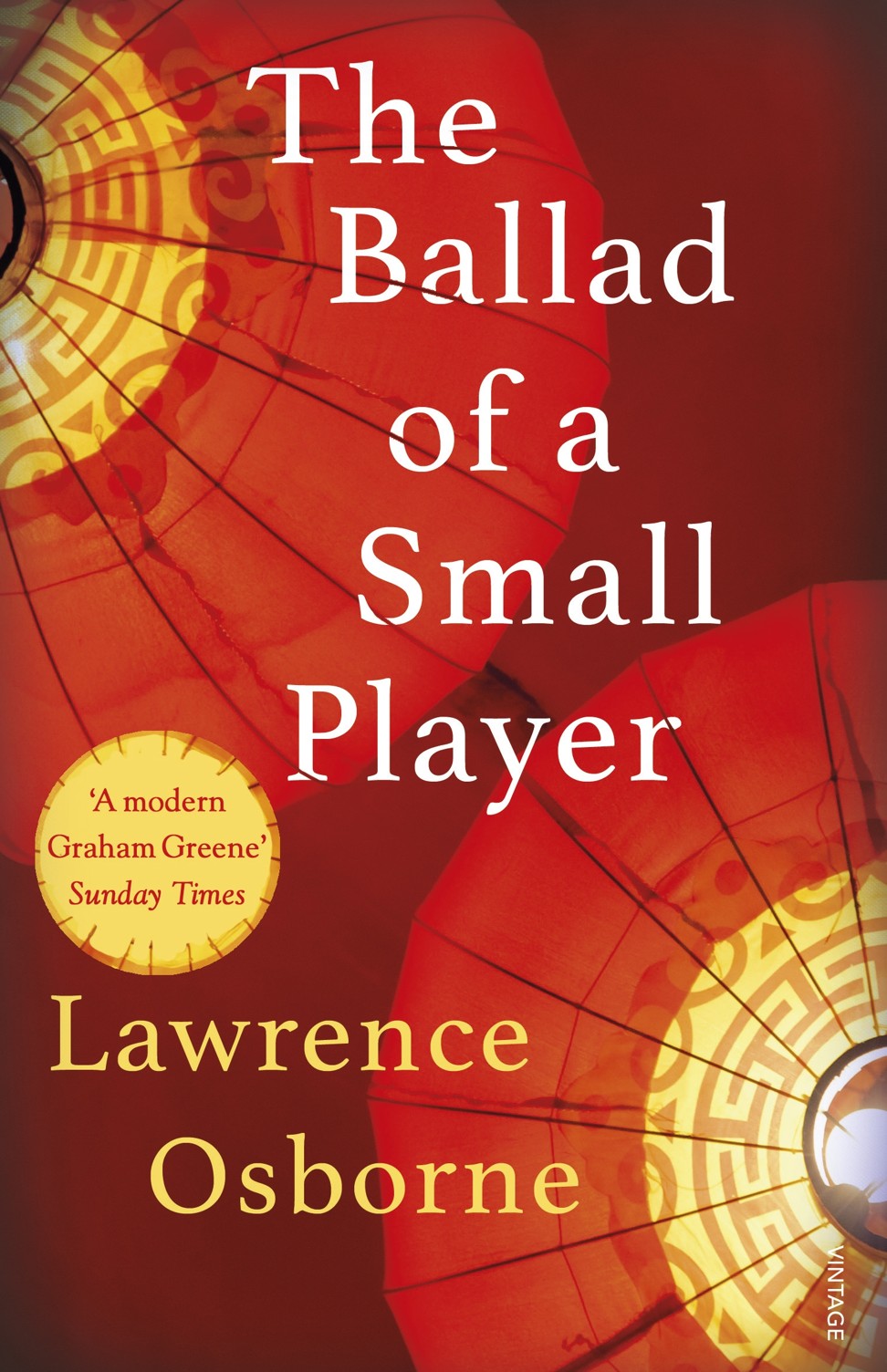
The Ballad of a Small Player (2014), set in the Macau casinos, is a gripping thriller that follows the story of an English con man who goes by the name of Lord Doyle. It was optioned by Mike Goodridge, former CEO of Protagonist Pictures in London and now the director of the International Film Festival & Awards Macao.
“That will be shot in Hong Kong and Macau. Shooting in Macau will be amazing – not that many people have done it. Jonnie To did it with Exiled, a great film. We’ve heard that the casinos are keen to cooperate,” says Osborne.
In the book, Lord Doyle based himself in the old Lisboa Hotel when many of the casinos that dominate the skyline today weren’t yet built. Osborne expects the screenplay – which won’t be written by him – will accommodate Macau’s new casinos as well as its hidden historic pockets.
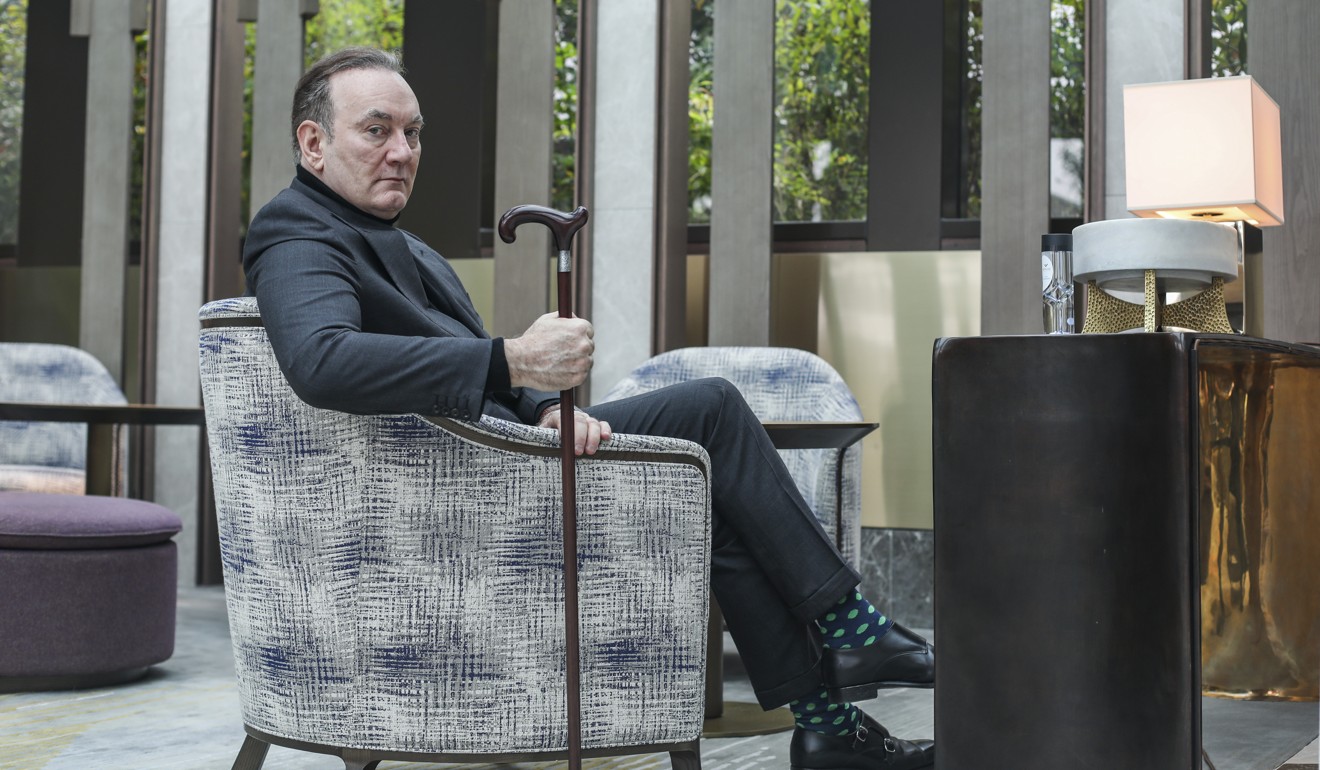
Last summer, Osborne was in Cambodia helping with the groundwork for the filming of Hunters in the Dark. Based on his 2015 novel set in Cambodia, it follows an English teacher, Robert Grieve, who wins a stack of cash and takes off into the countryside where he comes up against corrupt police and the darker side of the country.
“The guys who are filming it – Bad Penny Productions – don’t know Asia, so they needed me in Cambodia. We retraced the book and in Phnom Penh met ministers and paid people off. It was insane. It will be shot later this year,” says Osborne.
The Forgiven (2012), set in the Morocco’s High Atlas Mountains, deals with the impact of a random accident on the lives of both the locals and Western visitors who converge at a grand villa for a house party. It will be shot in Morocco later this year, starring Ralph Fiennes, Mark Strong, Rebecca Hall and John Michael McDonagh.
“I’m an executive producer on that, I’m not sure what I’ve got to do. Make tea? I do get paid,” says Osborne.
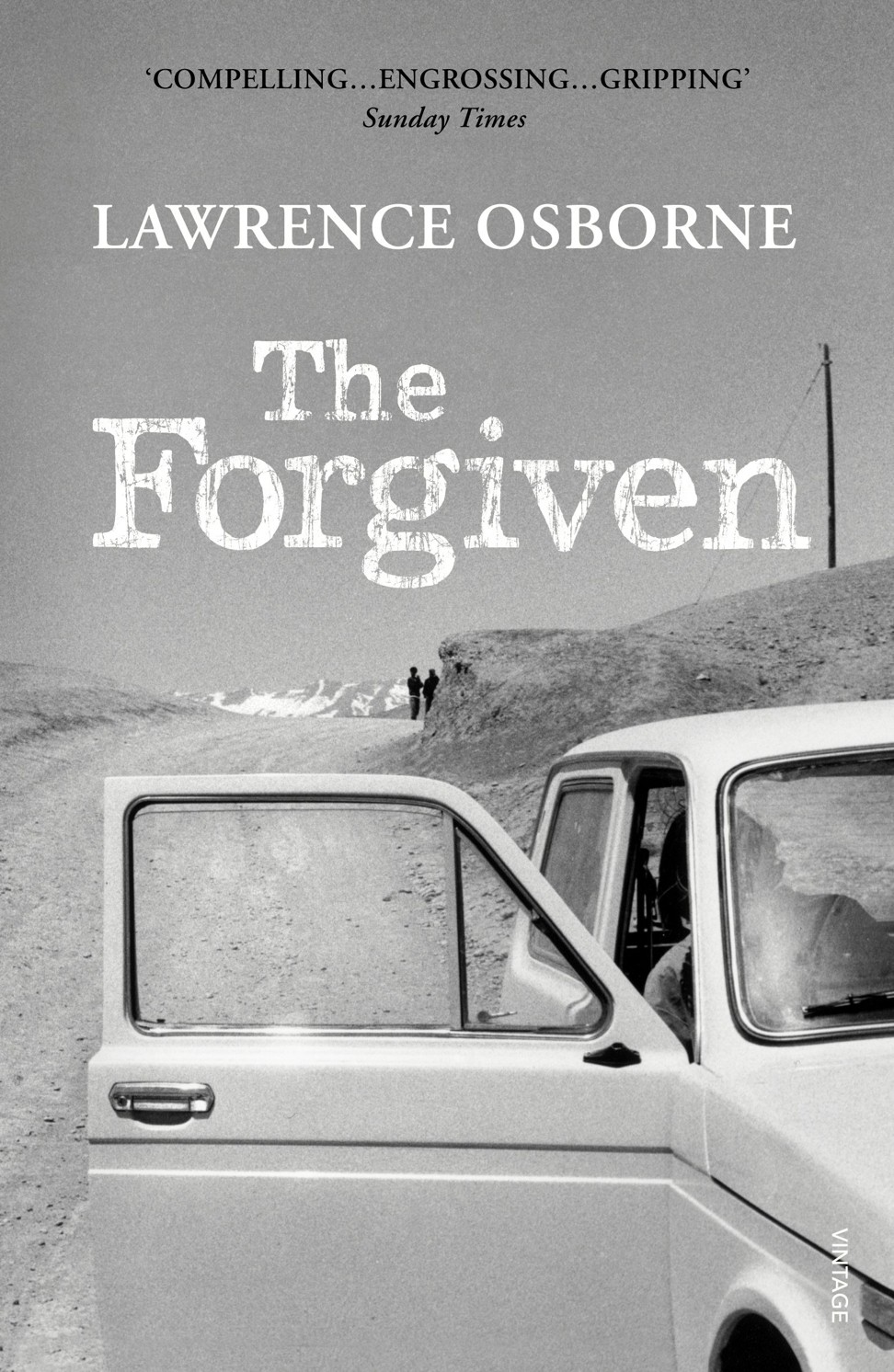
If it’s beginning to sound as though Osborne has a bigger stake in the film industry than the book world, we’re only just getting started. He’s the creative mind behind a television series set in Bangkok and based on Alexandre Cazes, the 26-year-old Canadian multimillionaire who ran the dark website AlphaBay.
“Working Title [Films] has greenlit the pilot and Ned Bowman will write it – he came out to Bangkok last month. Part of the TV series will set be in Hong Kong because a lot of the guys are going back and forth. There is money laundering in Bangkok, but it’s bigger in Hong Kong,” he says.
Osborne himself has a film script to write for American director Michael Mann (Heat and Collateral). It will be based on a book about criminal cartel boss Paul Le Roux, Hunting Leroux, which is to be published in a few months.
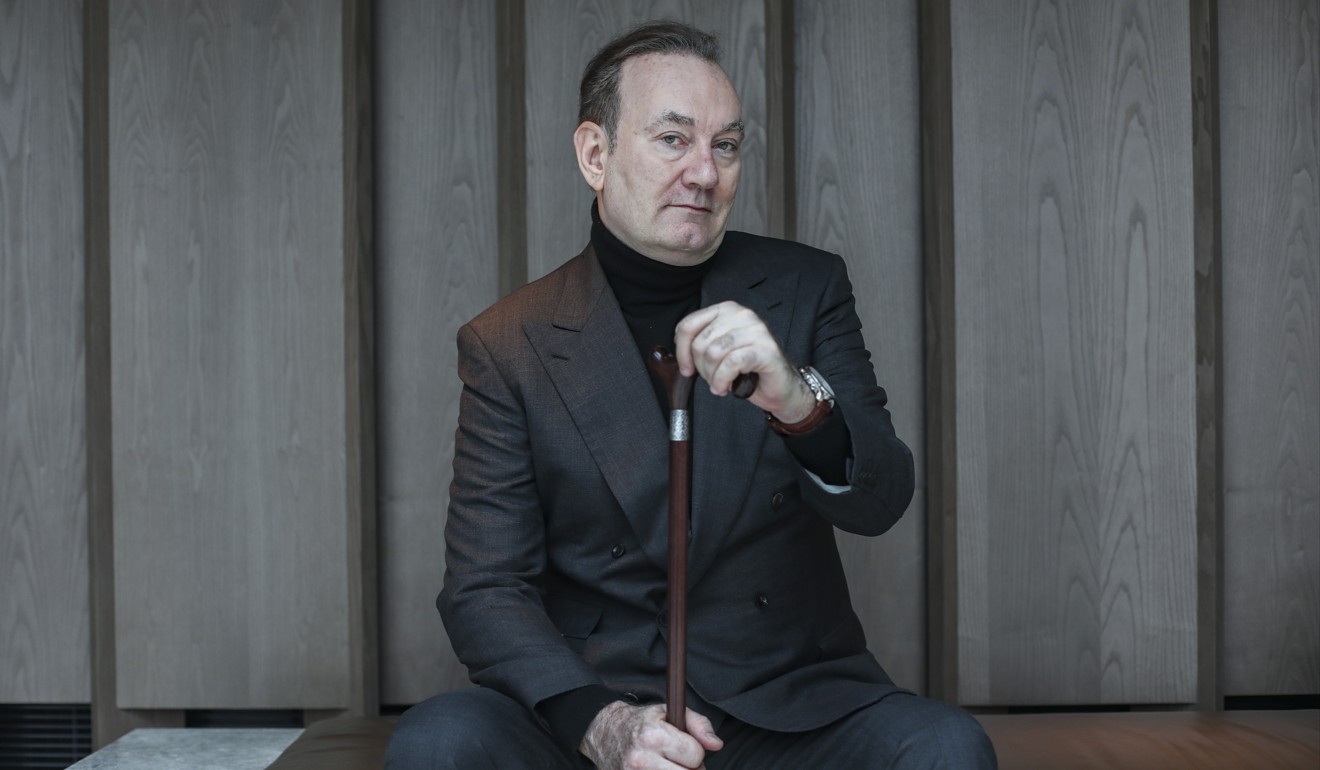
“It’s a great story, great material. It will be set in Bangkok, the Philippines and maybe some in Europe. Le Roux was truly a global empire. He had a hit squad, four special forces guys, posted in Phuket. He would send them to Latvia or Mexico City to carry out these hits. They would arrive at 6am, kill the guy at 9am and get on the 12 o’clock flight out. Just insane,” says Osborne.
And he has a new book coming out later this year: The Kingdom follows four women living in a Bangkok apartment block. It will be his second book set in Bangkok and third in Asia, and breaks the “white man in a foreign land” theme of much of his earlier work.
“I’m tired of that, especially in Bangkok, can you imagine? All books about Bangkok are about middle-aged white guys f***ing girls. I didn’t want to do that,” says Osborne.
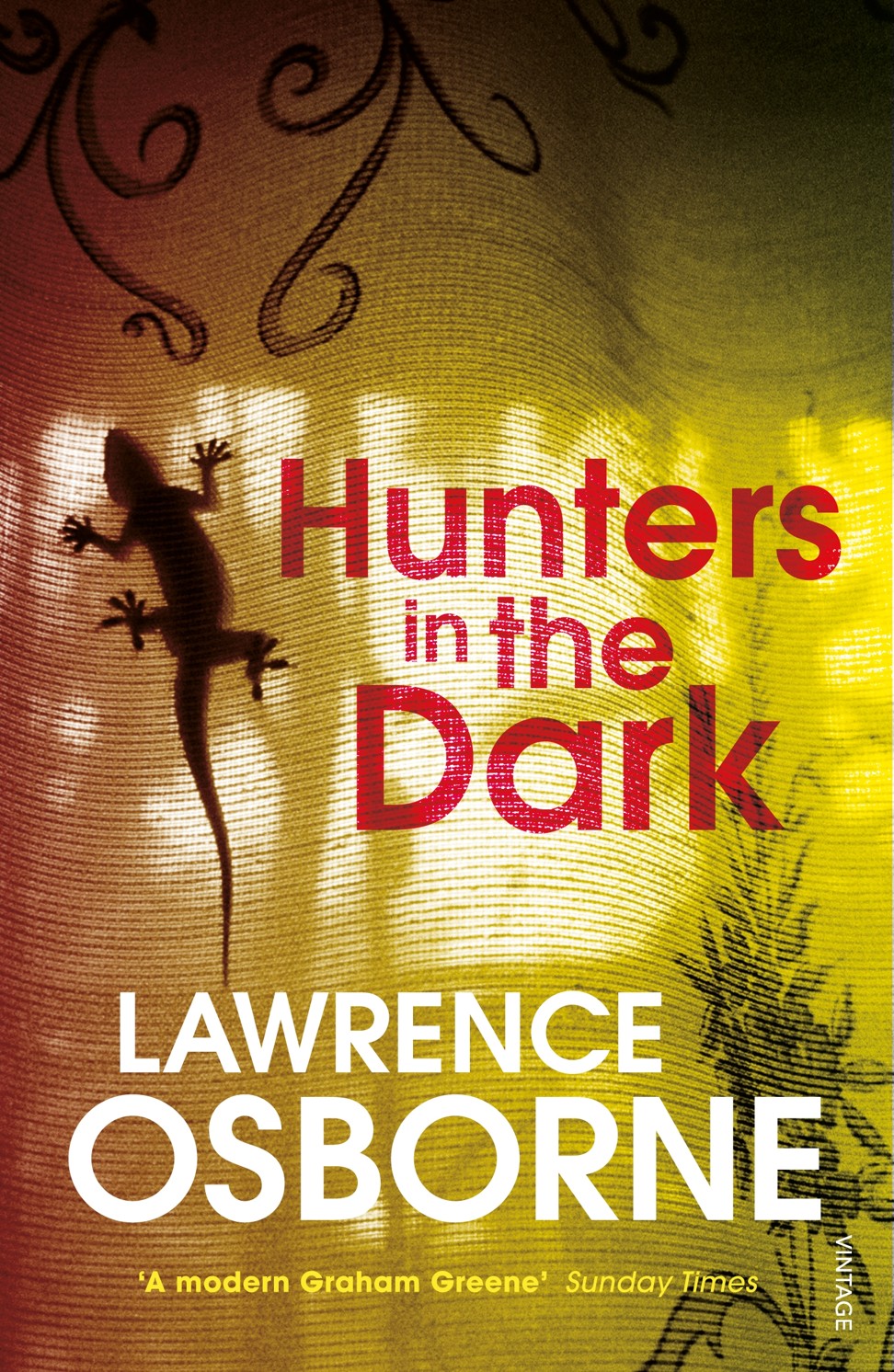
It is anyone’s guess how long it will be before that book gets optioned, but at his current rate it shouldn’t be too long. And that can only be good for his bank balance because book royalties are not the road to riches.
“The average advance for a book in Britain is 5,000 pounds (US$6,500) – for a book that you spend two years writing. You can’t just write novels. How do you make a living from that? You have to do other things, other aspects of storytelling,” says Osborne.
Progress and its price: Hong Kong’s vanishing working-class culture
Without the income from films, he says he’d be just getting by and that’s largely because New York publishers pay better than those in London. The additional bonus of turning his books into films is that when the movie comes out the book sales soar.
“I think people do still read. I get feedback from people. People in the movie world read way more than the literati, contrary to popular belief, because they are always looking out for ideas. They have to,” says Osborne.

